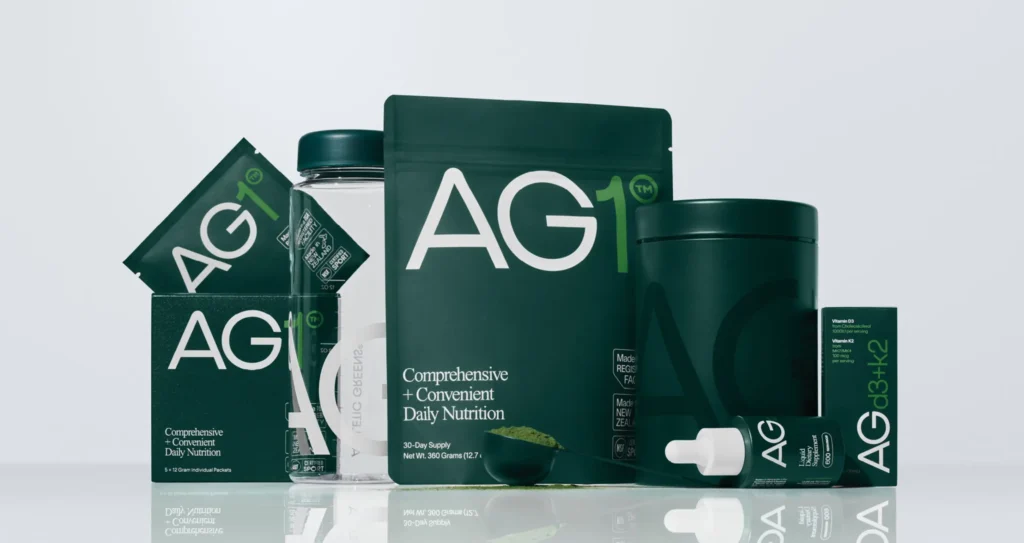According to insiders, Google is discontinuing its business subscription to the Financial Times, but it is not the only business media subscription that is being considered. Despite the search giant’s impressive financial results, the changes are part of a larger cost-cutting initiative.
Since January, Google has begun cutting costs throughout 2025, including by laying off 35% of managers who lead teams of three or fewer employees and providing voluntary exit programs in a number of divisions. Even though Alphabet reported impressive Q2 2025 numbers with $96.4 billion in revenue, Finance Chief Anat Ashkenazi indicated late last year that the company would continue to drive expense savings “a little farther.” This directive seems to remain unaltered.
These cuts could save Google only hundreds of dollars, but they also come as Google’s relationships with news publishers are becoming more and more strained. According to data released in August by the trade group Digital Content Next, between May and June of this year, publishers’ median referral traffic from Google Search decreased by 10%, with non-news companies seeing a 14% decline.
SimilarWeb data indicates that major outlets such as CNN, Business Insider, and HuffPost have experienced even more severe traffic drops (of 30%, 40%, and 40%, respectively).
According to Pew Research, Google’s AI Overviews feature, which has decreased click-throughs to external websites from 56% to 69% since its inception, is mostly to blame for these decreases, according to publishers. Six out of ten U.S. individuals who participated in Pew’s analysis this spring said they had at least one Google search in March 2025 that resulted in an AI-generated summary.
The drop in traffic occurs because, in contrast to rival OpenAI, which has agreements with a number of significant publishers, including The Financial Times, News Corp, and Axel Springer, Google has mainly opposed content licensing. At least so far, Google has made a few agreements, including as one with the Associated Press and a yearly pact with Reddit that is apparently valued at $60 million. (Reddit is now seeking to renegotiate its contracts with both Google and OpenAI, according to a recent Bloomberg report. The report suggests that Reddit views its significant role in search results and generative AI training as significantly more valuable than it initially realized.)
Google reportedly began exploratory talks with 20 outlets about more content licensing deals this summer. Still, some might see Google canceling its FT subscription as akin to a plagiarist refusing to buy the textbook they’re copying from.
Neil Vogel, the CEO of People Inc., the biggest digital and print publisher in the United States, did not hold back when he called Google a “bad actor” at a Fortune event earlier this month. He accused the company of using the same bot to crawl websites for its search engine as it does to support its AI features.
In contrast to other AI companies, Google links its AI training to search access, making it impossible for publishers to ban AI systems without also losing search traffic.
Vogel stated during the event that the agreement was to “take our content, build your search engine, send us back traffic” for a considerable amount of time. That agreement is off.
Digital Content Next CEO Jason Kint said in a different, harsh opinion piece this summer that Google’s AI overviews are making the internet a “zero-click” place where “all traffic dead ends at Google.”





Leave feedback about this